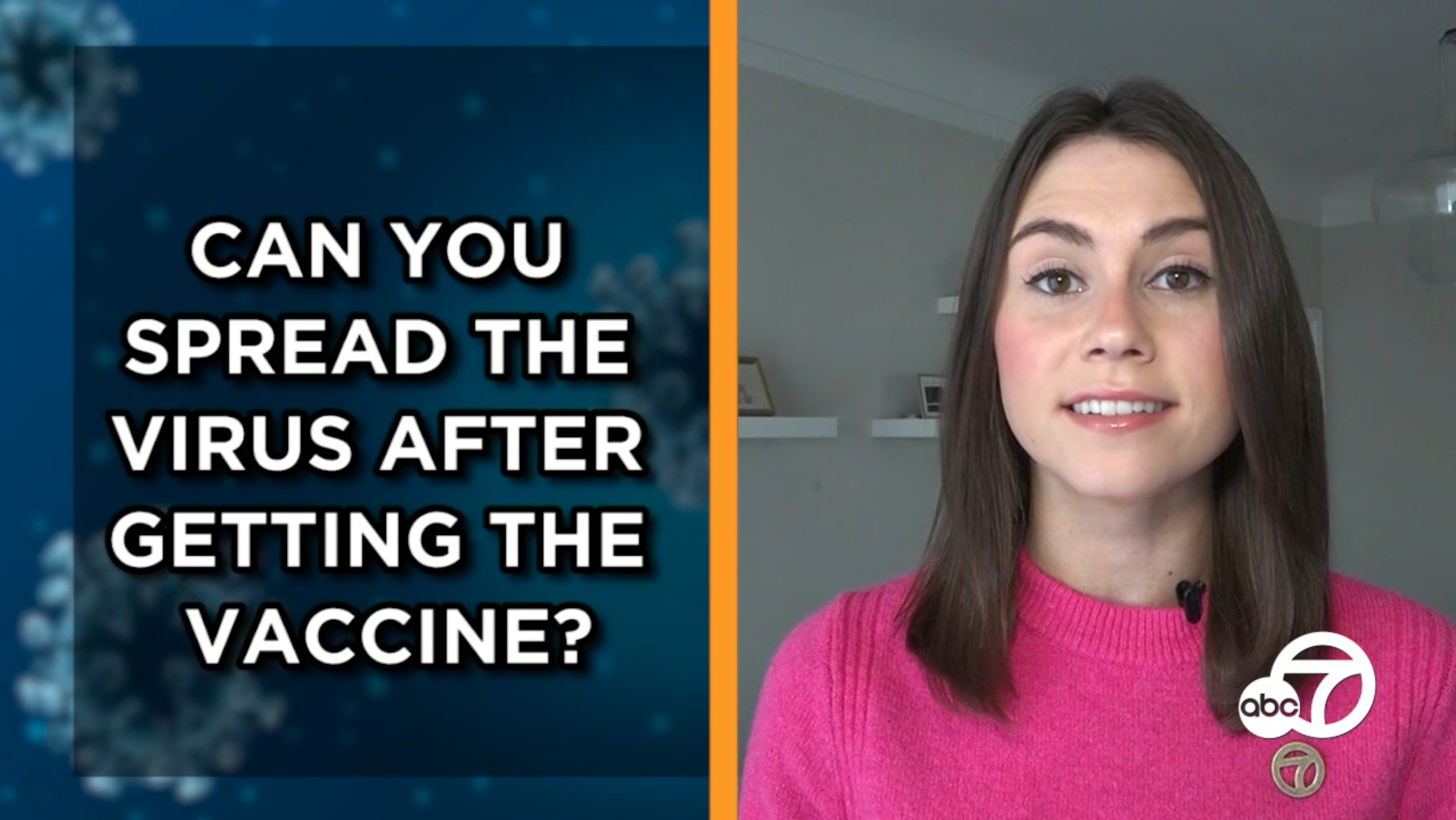COVID-19 variants explained: What threat do they pose? Doctor weighs in

COVID-19 outbreaks in California are being linked to a new variant that's different from the ones circulating in the U.K., South Africa and Brazil. The virus has mutated or changed. But what exactly does that mean and should we be concerned?
It seems every week, scientists are identifying new coronavirus variants. Studies reveal they're more infectious than the original one that started the pandemic.
Dr. Daniel Rhoads is a microbiologist with Cleveland Clinic. He says scientists are urgently studying these mutated versions to understand the threat they pose.
MORE: How to get the COVID-19 vaccine in Southern California

"This variant is more fit, or it works better," he said. "Naturally, there's going to be more of it and it's going to be transmissible more easily and grow more readily and then kind of take over, so to speak, the population of viruses."
Rhoads says viruses mutate randomly all the time and scientists have been expecting the coronavirus' genetic makeup to change. He says mutation is a little like somebody recopying a script over and over, and occasionally making an error. The error is a mutation.
He says most mutations are insignificant and often detrimental to the virus. But sometimes, the virus gets lucky and the mutation helps it work better.
WATCH: Are there side effects of the COVID vaccine? See our FAQ

In the case of COVID-19, the virus mutated so the new variant can now latch onto our cells more effectively.
However, once someone is infected, the virus behaves the same way as we've come to expect. The good news is, the tests we use are still able to identify these new strains.
"These new variants can still be detected with our current methods of detection, so that's one thing that should be reassuring. We can still detect these variants just like we've been able to detect the original strain," Rhoads said.
To date, scientists say they have no reason to show the mutations have any impact on the effectiveness of the vaccines being distributed. But at some point, will the current vaccines need to be tweaked or updated? That's something scientists say they're ready to do, if needed.
MORE: How much protection does the COVID-19 vaccine offer?













